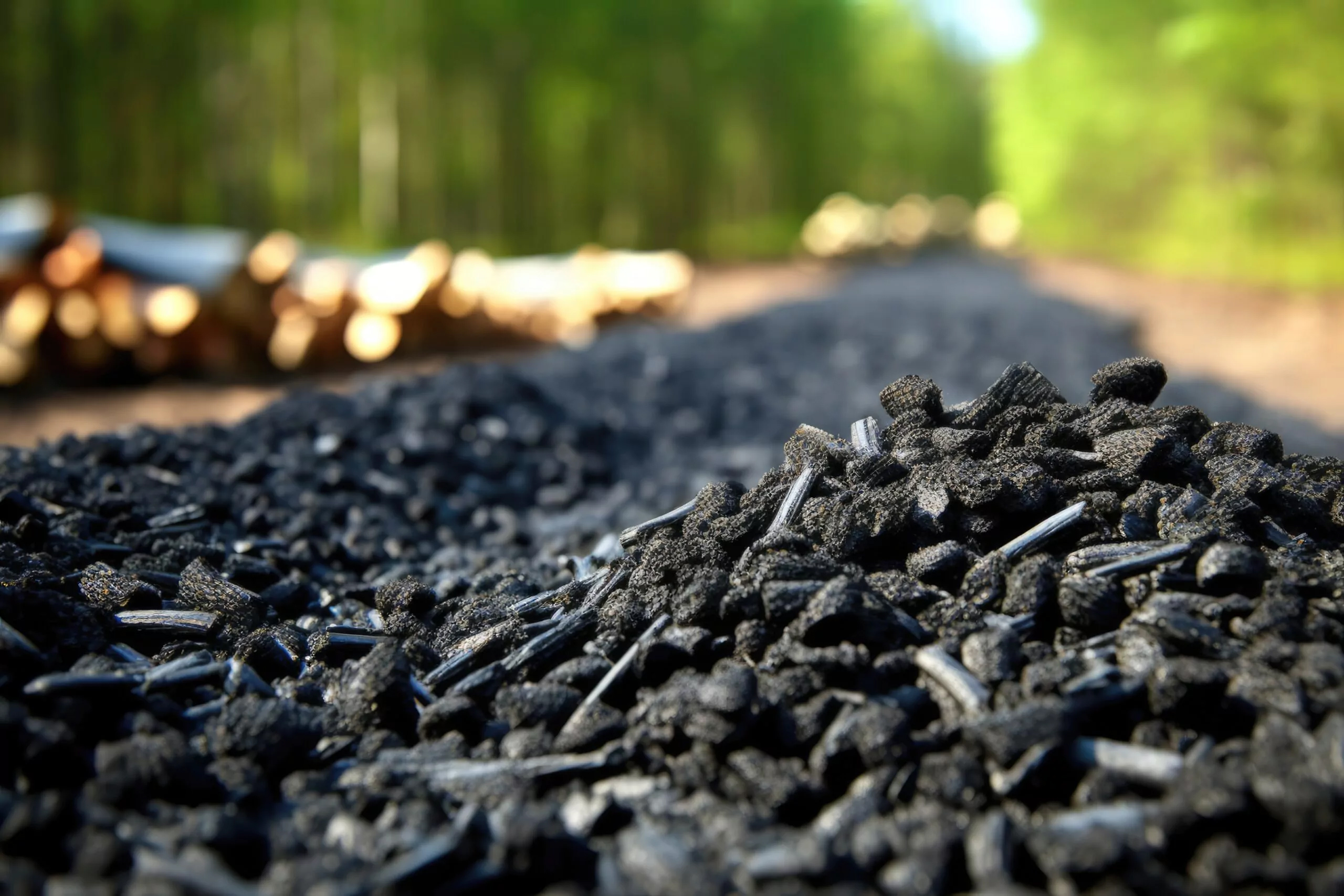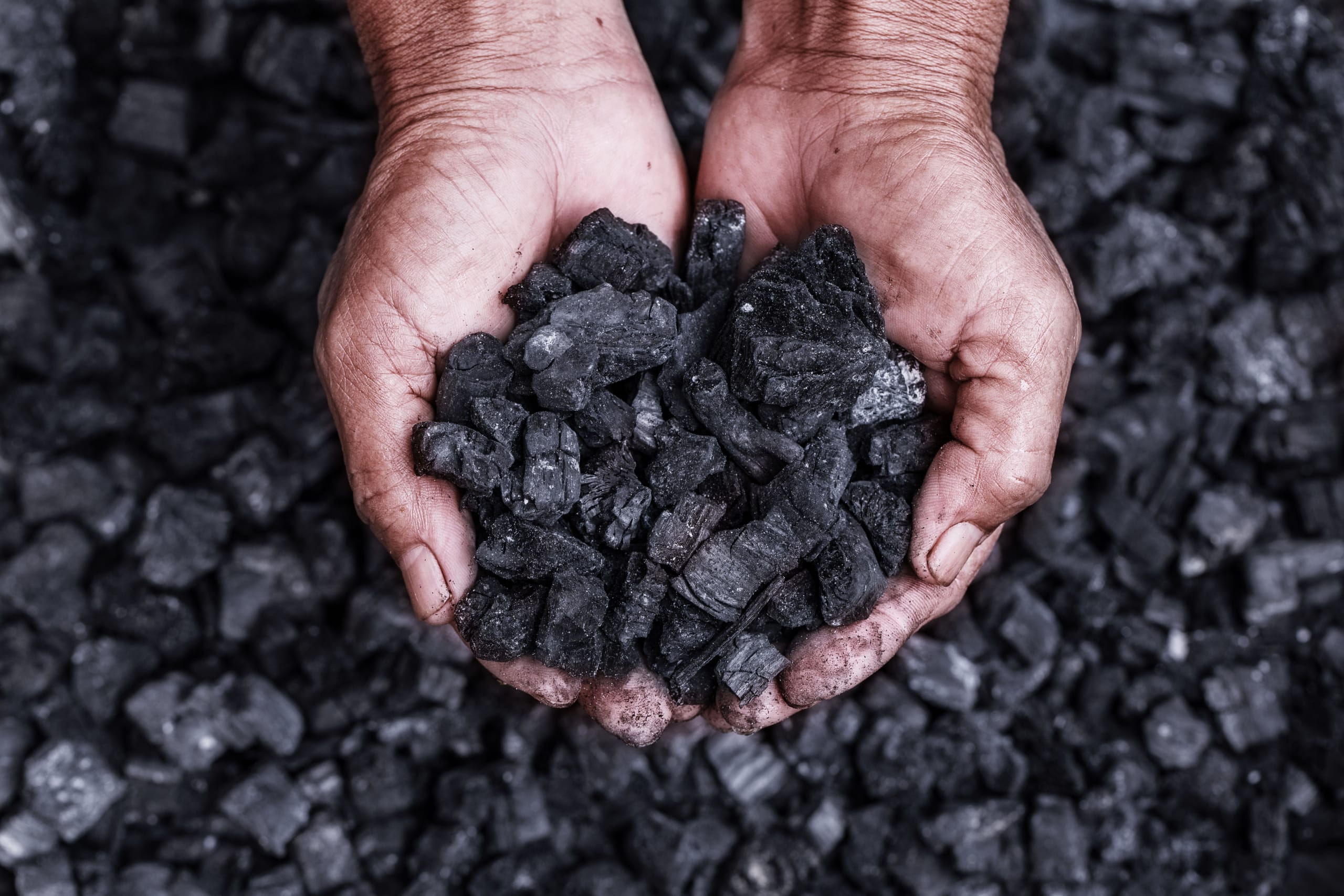Biochar Production
Plant-based
Biochar is a form of charcoal produced from organic waste through pyrolysis, a process that locks carbon into a stable form. When added to soil, biochar improves soil fertility and sequesters carbon, preventing it from being released into the atmosphere. It is a durable carbon sink that can last for centuries.
Biochar production is a process that involves converting organic waste into a stable form of carbon known as biochar. This stable carbon can then be added to soils to improve fertility and enhance carbon storage. Biochar production offers a sustainable solution for carbon sequestration, helping to mitigate climate change and improve soil health.
Process
The process of biochar production typically involves the following steps:
- Organic Waste Collection: Organic waste, such as agricultural residues, food scraps, and wood waste, is collected.
- Pyrolysis: The organic waste is heated in a sealed environment in the absence of oxygen. This process, known as pyrolysis, breaks down the organic matter and produces biochar, a stable carbon-rich material.
- Biochar Application: The produced biochar is then applied to soils. Biochar can be used as a soil amendment or as a component of compost.

Benefits of Biochar Production
Biochar production offers numerous benefits, including:
- Carbon Sequestration: Biochar is a stable form of carbon that can remain in the soil for hundreds or even thousands of years, helping to sequester carbon and mitigate climate change.
- Improved Soil Health: Biochar can improve soil health by enhancing water retention, nutrient cycling, and soil structure.
- Reduced Greenhouse Gas Emissions: Biochar production can help to reduce greenhouse gas emissions by diverting organic waste from landfills, where it would decompose and release methane.
- Increased Crop Yields: Biochar can increase crop yields by improving soil fertility and water retention.
- Waste Reduction: Biochar production can help to reduce waste by converting organic waste into a valuable product.
Challenges and Considerations
While biochar production offers significant benefits, there are also challenges to consider:
- Energy Consumption: The pyrolysis process can be energy-intensive, requiring careful consideration of energy efficiency.
- Economic Feasibility: The economic viability of biochar production can depend on factors such as the availability of organic waste, the cost of energy, and the market value of biochar.
- Long-Term Impacts: The long-term impacts of biochar application on soil ecosystems and agricultural productivity require further research.
Conclusion
Biochar production offers a promising solution for carbon sequestration and improved soil health. By converting organic waste into a stable form of carbon, biochar can help to mitigate climate change and promote sustainable agriculture. As research and development in this field continue, biochar is likely to play an increasingly important role in addressing global environmental challenges.

